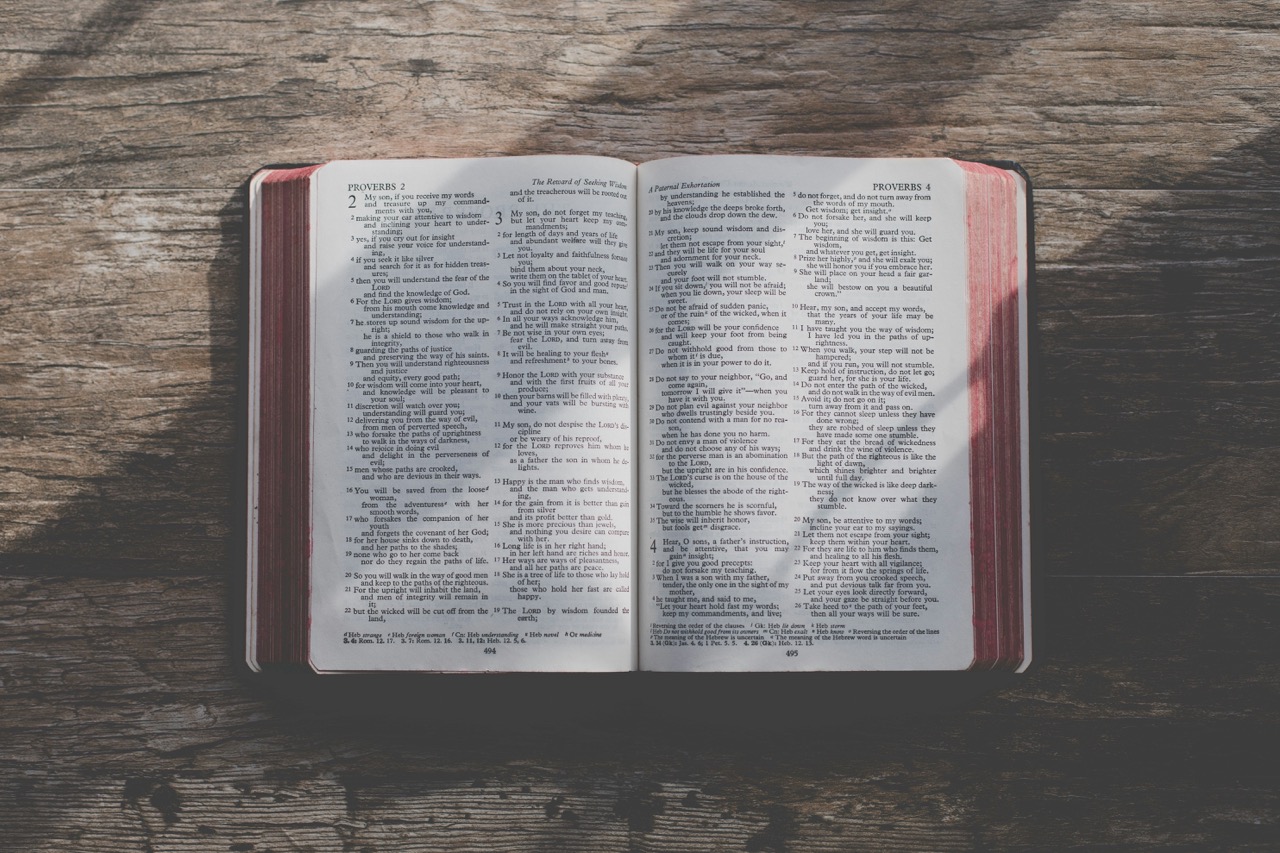Hagar and Ishmael: God’s Care for the Forgotten

The story of Hagar and Ishmael, found in the Book of Genesis, is often overshadowed by the more prominent narratives of Abraham, Sarah, and Isaac. Yet, it presents a profound exploration of themes such as abandonment, divine providence, and the recognition of marginalized voices. Hagar, an Egyptian slave, and her son Ishmael represent not only the struggle for survival but also the assurance that God’s care extends to all, even to those who are deemed forgotten or insignificant in the tapestry of biblical history. This article delves into the historical context of their story, Hagar’s struggles, the divine promises bestowed upon Ishmael, and the enduring significance of their narrative in contemporary society.
The Historical Context of Hagar and Ishmael’s Story
The account of Hagar and Ishmael begins in Genesis 16, against the backdrop of a cultural and societal framework that viewed women, particularly slaves, as property. Hagar’s role as a concubine to Abraham was not out of love but rather a desperate attempt by Sarah to fulfill God’s promise of descendants, as both she and Abraham had grown impatient waiting for a child. Hagar’s position was precarious; she was a foreigner in a household that marginalized her existence and worth. The complexities of this context reveal not only the struggles of Hagar but also the cultural dynamics that placed her in a subordinate role.
As the narrative unfolds, we see the tensions that arise when Sarah, feeling threatened by Hagar’s pregnancy, mistreats her, leading to Hagar’s flight into the wilderness. This moment encapsulates the broader themes of power dynamics, jealousy, and the devastating effects of human decisions that disregard the dignity of others. It is crucial to understand that Hagar’s plight is emblematic of many marginalized figures in history, making her story resonate with anyone who has experienced oppression or neglect.
The historical context also highlights God’s promise to Abraham, which included the assurance of numerous descendants. However, this promise seemed to exclude Hagar and Ishmael, raising questions about divine favor and the inclusivity of God’s plans. Yet, as their story progresses, it becomes evident that God’s care is not limited to the chosen few but extends to those whom society may overlook, setting the stage for a deeper understanding of divine compassion.
Exploring Hagar’s Struggles in the Wilderness
Hagar’s journey into the wilderness represents not only a physical escape from her circumstances but also a metaphorical representation of isolation and despair. In her flight, Hagar encounters the harsh realities of survival, battling the elements and the emotional weight of her situation. Alone and abandoned, she embodies the plight of many who find themselves in desperate circumstances, raising profound questions about identity, purpose, and the innate human need for belonging.
In the wilderness, Hagar reaches a breaking point, driven by despair as she contemplates the fate of her son, Ishmael. The anguish she experiences is palpable; she fears for their survival and feels the weight of responsibility as a mother. Her struggles highlight the themes of vulnerability and the instinctual drive to protect one’s children, making her story relatable to many today. The biblical narrative does not shy away from these raw emotions, allowing readers to connect deeply with Hagar’s plight.
Yet, it is in this desolation that Hagar encounters an angel of the Lord, marking a pivotal moment in her story. This divine encounter signifies hope amid hopelessness, suggesting that even in our darkest moments, there is a possibility for intervention and grace. Hagar’s struggles become a testament to resilience, as she transitions from a place of abandonment to one where she receives divine assurance, setting the stage for the unfolding of God’s plan for her and her son.
Divine Intervention: God’s Promises to Ishmael
In the wilderness, Hagar’s encounter with the angel reveals a compassionate God who sees and cares for the marginalized. The angel speaks to her, addressing her by name and acknowledging her suffering, which underscores a fundamental truth: God recognizes the plight of the forgotten. This moment is not just a reassurance for Hagar but also a prophetic announcement concerning Ishmael’s future. God promises that Ishmael will also become a great nation, thus affirming his significance in the divine narrative.
This divine promise expands the understanding of God’s covenant, illustrating that the blessings of Abraham extend beyond Isaac to include Ishmael. The assurance that Ishmael will thrive and become the father of a great nation reflects God’s boundless grace and providence. It challenges the notion of exclusivity in divine favor, emphasizing that God’s plan encompasses all of humanity, regardless of social status or lineage.
Ultimately, this intervention serves as a reminder that God’s attention is not limited to those who are conventionally seen as worthy. Hagar and Ishmael’s story illustrates that God’s care can break through the barriers established by human prejudice, affirming the intrinsic value of every individual. Their journey is a powerful narrative of redemption, hope, and the promise of a future woven into the larger story of God’s people.
The Significance of Hagar and Ishmael Today
The narrative of Hagar and Ishmael holds significant relevance in today’s society, particularly in discussions surrounding marginalization and the search for belonging. Their story invites us to reflect on the experiences of those who feel overlooked or forgotten, from refugees and immigrants to the economically disadvantaged. Hagar’s journey resonates with the realities of many who face systemic challenges, serving as a poignant reminder of the need for empathy and advocacy for those in vulnerable positions.
Moreover, the account raises critical questions about the dynamics of power, privilege, and the responsibilities that accompany them. Hagar’s experience challenges us to examine our own societal structures: Are we perpetuating systems that disregard the dignity of others? The story calls for a re-evaluation of how we view and interact with those who occupy marginalized spaces within our communities, urging us to extend compassion and grace where it is often withheld.
Finally, Hagar and Ishmael’s legacy reminds us of the universal nature of God’s love and care. Their story serves as an affirmation that divine providence is not bound by human definitions of worthiness. It encourages a broader understanding of community, where all individuals, regardless of their past or present circumstances, are seen and valued. By embracing this message, we can work towards creating a more inclusive and compassionate society that honors the dignity of every human life.
The account of Hagar and Ishmael is a profound exploration of God’s care for all, particularly those who find themselves forgotten or marginalized. Their journey from desolation to divine promise reveals essential truths about resilience, compassion, and the inclusivity of God’s love. As we reflect on their story, we are reminded of the importance of recognizing and uplifting the voices of the overlooked, ensuring that compassion and empathy guide our actions in a world that often prioritizes power and privilege. In doing so, we can honor the legacy of Hagar and Ishmael, creating a future that reflects the profound care and love that God has for every individual.




